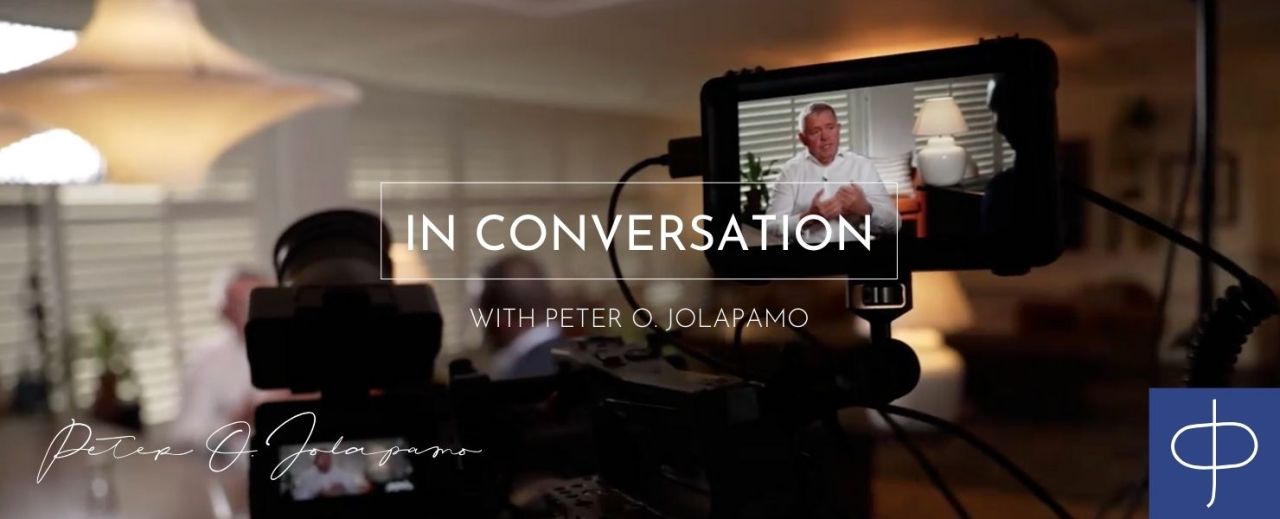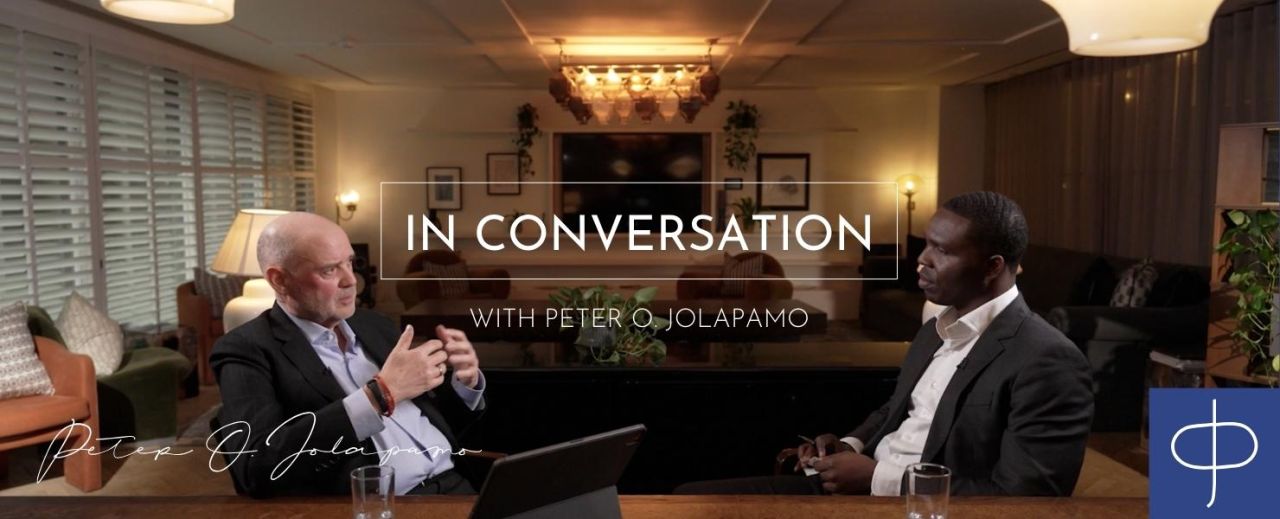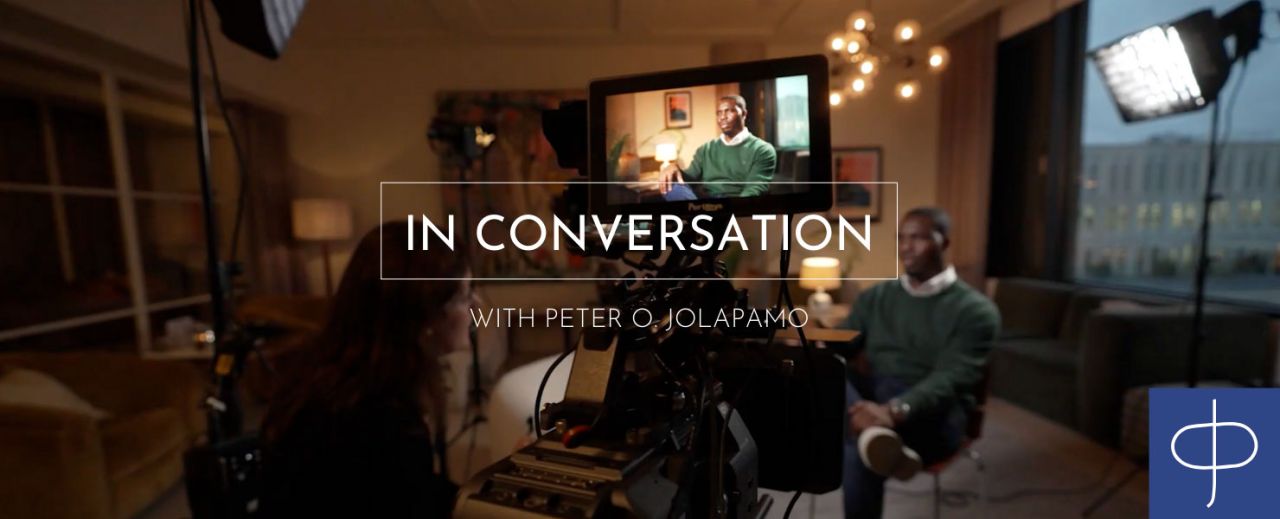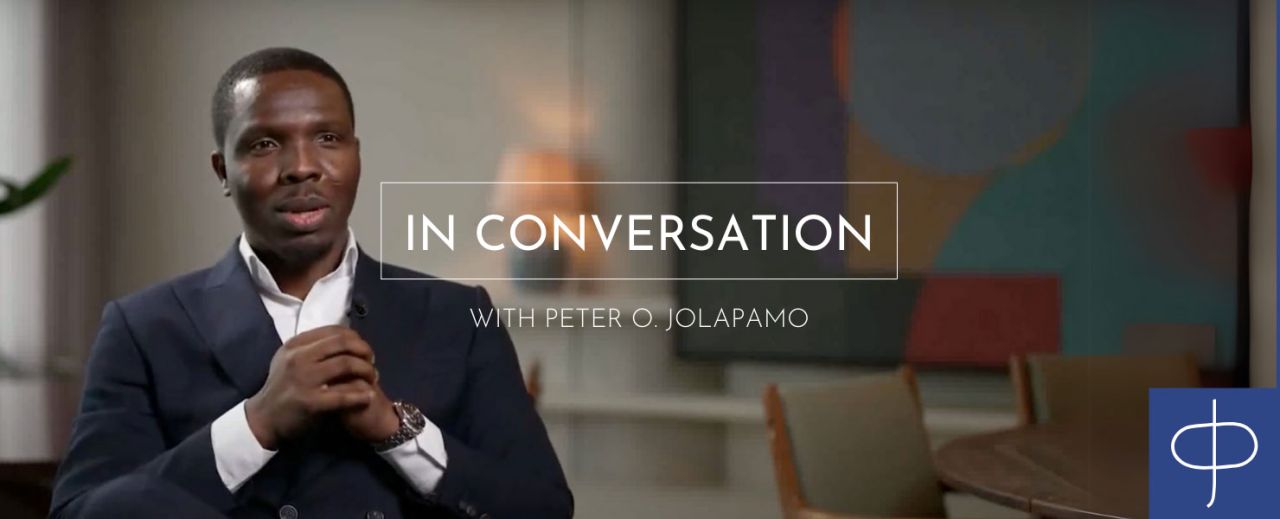
Why EQ is your biggest business asset. Develop it or fail…
Have you ever been in a situation at work when you feel you’re not being listened to? Do you ever feel that there is no attempt at empathy in your team? Does it sometimes seem that success is at all costs? EQ (emotional quotient or intelligence) is a seriously undervalued attribute, in my opinion, even after years of being talked about.
There seemed to be a change when employers started to finally realise that EQ is as valid an attribute as a degree from a lauded university. In the World Economic Forum’s Future of Work report for this year, analytical thinking was the top core skill for employers, with seven out of 10 companies considering it as essential. But resilience, flexibility, agility, and self-awareness ranked close behind and these are all attributes of EQ.
Balancing act
Empathy and active listening didn’t make it into the top ten, but they still received recognition. As the report’s authors state: “Skills that reflect the important role of technical proficiency, strong interpersonal abilities, emotional intelligence, and a commitment to continuous learning demonstrate respondents’ expectation that workers must balance hard and soft skills to thrive in today’s work environments.”
Yet, we are also seeing pushback – particularly in the tech world – where, as Forbes writes, “competition, dominance, and aggressive growth” have traditionally been “the backbone of success”.
EQ = adaptability
For a while, some of the big names in this space were obviously trying to rehaul their image and work on their EQ – something that some people find frustratingly hard. Not everyone has intrinsic EQ. I am a middle child of eleven siblings, so I learnt quickly how to negotiate and that you need to deal with a variety of personalities differently. My moves across three continents – for both personal and professional reasons – have shaped my perspective. I am attuned to culturally embedded work practices and traits, and my EQ has enabled me to adapt.
“I am a middle child of eleven siblings; I learnt quickly that you need to deal with a variety of personalities differently.”
But the value of EQ seems to be being dialled back now. Morale is plummeting at companies where employees feel dictated to; unheard and unappreciated. They might still get the results, but staff turnover can reflect the lack of emotional intelligence from management.
Intellect meets humanity
How do I know? I’ve seen it. EQ for me is a bridge between intellect and humanity. Yes, we need hard skills, but we also need to be able to do business, relate with, inspire and manage people. Let’s talk about this in the context of mergers and acquisitions. I have been in plenty of situations where we are combining two very different business entities. They might have different focuses, cultures or even languages. In this situation, emotions run high. I have learnt that to create the highest functioning teams, you are not looking necessarily for the smartest people – but must find the right balance between IQ and EQ. Both are equally important.
“EQ for me is a bridge between intellect and humanity.”
I was brought on board to help wrap up a startup that had failed. Yes, I had lost money as an investor; but the founder had lost everything. To me, this wasn’t just a financial transaction – it was about understanding a person navigating a deeply challenging transition. Recognising their emotions and needs was essential to truly supporting them.
Seeing things differently
People come to me with different mindsets – some are serious and focused, with a clear vision of what they want to achieve. Others are less certain and need more guidance. Everyone operates differently, and EQ allows you to recognise this and adapt your approach accordingly.
But it’s not just about getting them to understand my perspective – it’s about meeting them where they are, assuming good intentions, and helping them navigate their own path. Practising the principle of charity means interpreting their words and actions in the best possible light, fostering a conversation built on trust and mutual respect.
“EQ is about self-reflection.”
EQ is also about self-reflection. You need to look at how you are behaving in your business interactions and be able to see when your approach isn’t working. Are you asking the right questions? Are you listening hard to the answers? Are you accepting feedback? For me, this is a constant exercise. You can’t work well with someone, let alone inspire them if they feel there is no emotional connection. If you lack empathy, the first crucial step is recognising it – only then can you begin to develop it. After years of navigating high-stakes, emotionally charged situations, I can say with certainty: it is impossible to lead sustainably without some level of EQ.





